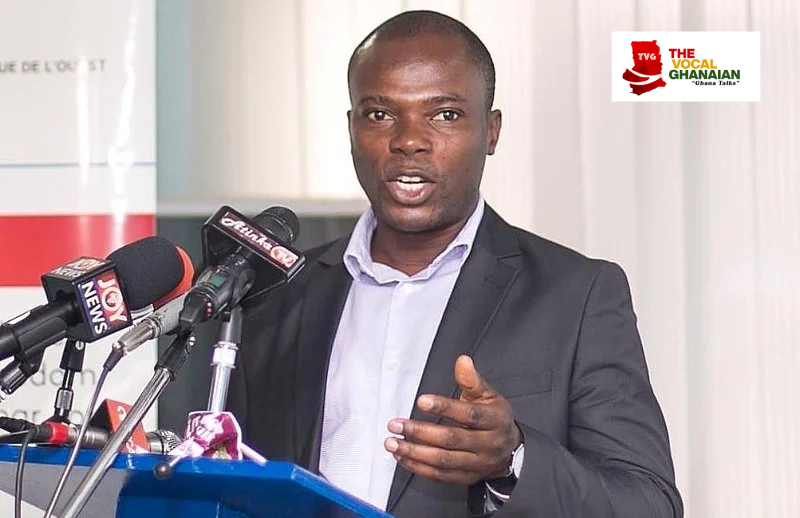This government unfortunately does have a good reputation and credibility among some Ghanaians. They have made many promises to Ghanaians which they have not been able to keep. Many such promises include Agenda 111 which has still not been realized.
The International Monetary Fund staff and the government have come to a Staff-Level Agreement on economic policies and reforms that will be backed by a new $3 billion, three-year Extended Credit Facility (ECF) arrangement.
The fund said that a crucial factor in this decision was the government’s robust reform agenda, which sought to rebuild macroeconomic stability and debt sustainability while safeguarding the most vulnerable, maintaining financial stability, and laying the groundwork for a robust and inclusive recovery. The staff-level agreement, though, is dependent on IMF Management and Executive Board approval as well as Ghana’s partners and creditors receiving the required financing assurances.
The government’s decision to seek an IMF bailout to manage the economic crisis in the country was received with mixed reactions. For others, the bailout would provide hope for restoring Ghana’s poor economy. The opposition NDC, however, thought that the ruling government could put in place internal measures to revive the economy without resorting to the IMF. They suggested a cut on the size of government, more exports of goods and services and fewer imports, and the consumption of made-in-Ghana goods.
Reaction From The Opposition
The Executive Director of The Media Foundation for West Africa (MFWA), Sulemana Braimah has reacted to the government’s jubilation after securing an IMF staff-level agreement. According to him, the government has no cause to rejoice over a decision that it had previously outrightly rejected.
Minister of Finance, Ken Ofori-Atta, had stated in February this year that Ghana would not seek a bailout from the IMF. He spoke at the third in a series of town hall meetings on the contentious Electronic Transaction Levy (E-Levy) in the Northern Regional Capital of Tamale. Mr. Ofori-Atta claimed that the nation had what it takes to revive its faltering economy and would therefore employ domestic measures to address the economic challenges.
In September of this year, the government had hinted that it was working to secure a concrete deal with the International Monetary Fund (IMF) before the 2023 budget reading which was to take place in November 2022. We would recall that this current administration criticized the then-Mahama administration for going to the IMF only for them to turn around desperately begging for aid from the IMF. The government has therefore not been transparent and truthful with the good people of Ghana.
High Hopes
According to Finance Minister Ken Ofori-Atta, the International Monetary Fund (IMF) proposal will help the nation emerge from its crisis by restoring economic stability and combating inflation.
The Minister who is in difficulty stated to reporters that he thinks this will be the last time Ghana needs assistance from the IMF during a news conference on Tuesday, December 13.
“I am hoping this will be the last time we go the fund,” Finance Minister Ken Ofori-Atta said.

